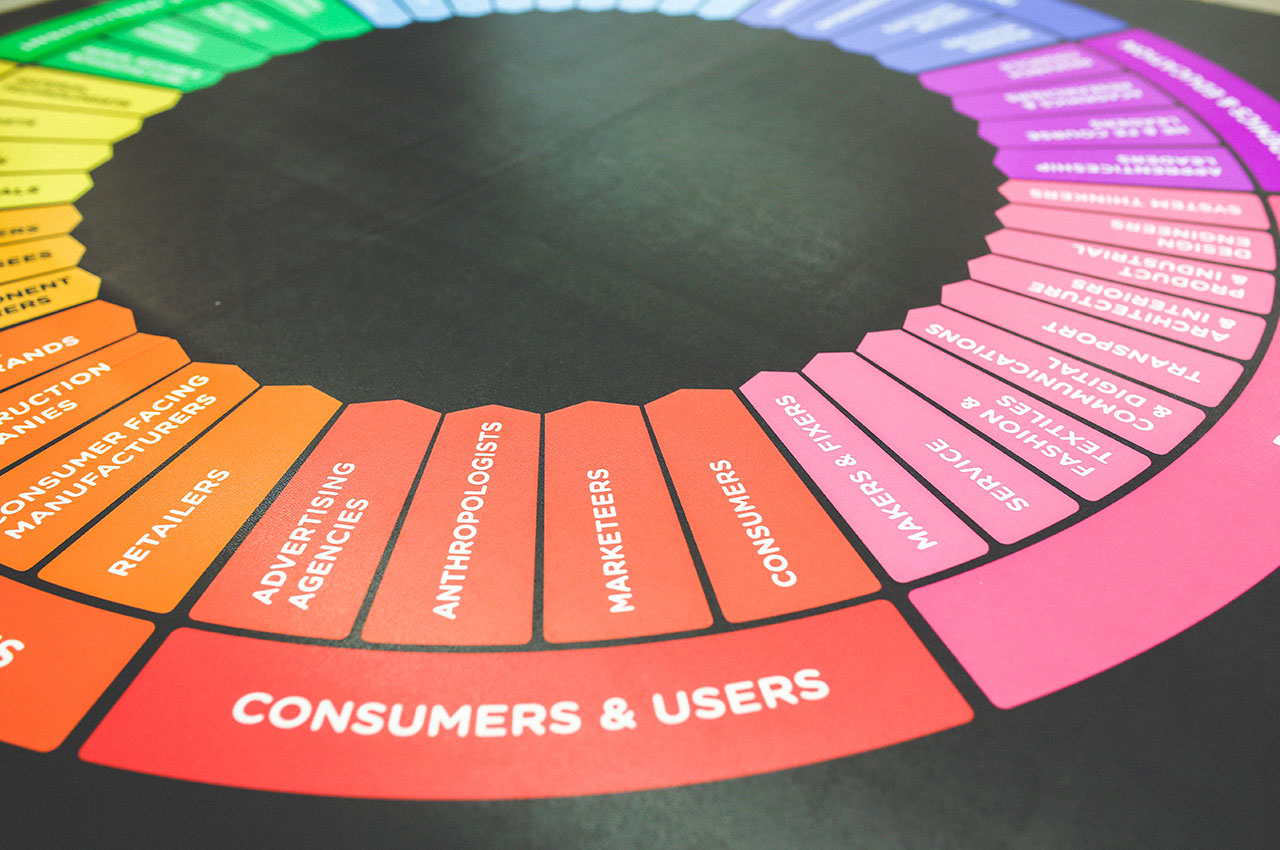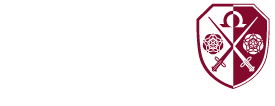Welcome to the EBS Social Sciences Faculty! We hope to provide you with all the information you need about this faculty, but if you need any further information, please do not hesitate to contact us.
Social Sciences encompasses Business Studies, Child Development, Economics, Health & Social Care, Politics, Psychology, Sociology and BTEC Business, with more details of each below.
To teach a balanced curriculum which appeals to all students. Studying business is vital and is something that all students will inevitably interact with. The Business curriculum at East Barnet School is designed to enable students of all abilities to succeed, to develop their entrepreneurial skills and gain a broad understanding of business in the real world.
By offering both vocational and academic courses students are able to learn key business concepts through a range of different teaching and learning methods.
To develop the cultural capital of students through the study of Business by considering what impact entrepreneurs have had on the world and consider the development of global business. Studying Business involves not only communities and individuals but organisations as well. Business will equip students for the dynamically developing corporate world. It will allow students to draw on their understanding of the importance of values, including democracy, tolerance and respect. It will further improve their spiritual, social, moral and cultural understanding. This will then provide them with the confidence and skills to contribute positively to the life of the school, to their local community, and to the wider environment
To provide students opportunities to become independent learners by encouraging them to revisit previous learning and to consolidate and develop knowledge and skills further. This is supported by a range of resources used throughout lessons. We enrich our curriculum by enabling students to experience the subject out of lessons to try something new for example interviewing shop owners and completing primary research in the local community. We also encouraging students to engage in TV shows that can deepen their understanding of Business and Enterprise in the world around them for example the Apprentice, Mary queen of shops, despatches on channel 4, Dragons Den, etc.
Child Development explores the development of children from conception to five years of age. It studies many aspects including pregnancy and labour, equipment, nutrition, milestones and how a child progresses physically, intellectually, emotionally and socially. Students complete a Child Study in Year 11 and will require excellent analytical skills to apply their understanding to how a range of factors can stimulate, but also affect a child’s development.
In Economics, the key rationale is for students to develop knowledge of the subject by comparing Neo-classical and Behaviourist views. Economics includes the study of Microeconomics and Macroeconomics, through which we aim to develop expert learners who are fully economically literate. Our methods to achieve this is through encouraging students to actively participate in class discussions while empowering and inspiring students to use their knowledge of Global Economics to make close links between economics and politics and the impact these key factors will have on their daily lives.
Our aim in Economics is to develop the cultural capital of students through encouraging them to considering what impact economic capital has had on the world and allowing them to develop the skills to understand the impact on Cultural Capital. Economic concepts that are linked to this are resource scarcity, employment, government intervention, monopoly, monetary and fiscal policy, exchange rates etc. Students will be challenged to consider the principles and moral or ethical problems which so often arise when implementing public policy. The curriculum will make certain that students not only know about our world, but will also challenge them to consider how best to live in our world.
Health and Social Care is a living subject which has an impact on everyone. Students that study this course will be equipped with the skills to understand factors that impact their health and wellbeing as well as learning about their own emotional health and the impact that recent events have had in their own lives
They will learn about the importance of the Care Values that are used in Health and Social care settings and in their final year they will devise a Health and Wellbeing plan as part of their examined unit.
This course is a true vocational course and therefore links with local care homes, community centers, schools and the London Ambulance allow the students to experience first-hand by visits and guest speakers from the industry the real world of Health and Social Care.
Students develop key skills that prove aptitude in health and social care such as interpreting data to assess an individual’s health.
In Politics, the key rationale is to enable students to develop knowledge of political science including UK and Global governmental structures and processes, philosophical and historical traditions, ideologies, key thinkers, writers, and political figures. To develop expert learners and fully politically literate individuals by raising awareness of young citizens relationship with the processes of governance and the importance of active participation. To empower and inspire students as young citizens, with knowledge of real-world politics to equip them to critically understand how they are being governed, by whom, and how they can interact, and influence the decision-making processes shaping their lives. To develop critical thinking and critical awareness of contemporary UK and Global political debates. To develop personal and social skills; confidence, self-worth, empathy, respect for others and social conscience. To develop high order academic skills, writing, interpretation, analysing and evaluating. Cultural capital is developed through in depth reading and analysis of the concepts, works and ideas of key political thinkers and to explore these in discussion, presentation and other interactive activities to reinforce and deepen understanding.
The aim of the Psychology curriculum is to equip students with the appropriate knowledge and skills needed to be able to understand and explain the causes of human behaviour and the impact of this behaviour on wider society. We want students to be able to think analytically and reach logical conclusions based on scientific evidence. The Psychology curriculum at EBS goes beyond what is taught in lessons, for whilst we want students to achieve the very best examination results possible, we believe our curriculum goes beyond what is examinable. We encourage, support and develop students to become life-long independent learners.
The sociology department aims to enable students to develop knowledge of the discipline of sociology including research and evidence, methodological & theoretical perspectives and traditions, key thinkers, writers and studies; develop critical thinking and critical awareness of the contemporary social world; develop personal and social skills; confidence, self-worth, empathy, respect for others and social conscience; develop high order academic skills, writing, interpretation, analysing and evaluating. We aim to provide an educational experience that is engaging, inspiring, enjoyable and meaningful for the young people of the 21st century and to develop independent, self-reliant, expert learners who are confident they know how to learn and to progress. Cultural capital is developed through in depth reading and analysis of key sociological thinkers and philosophers – contemporary study evidence – other relevant qualitative and quantitative secondary sources of information such as novels, biographies, news broadcasts, journals & publications; diaries and historical documents; documentaries and films with discussion and other feedback activities to reinforce and deepen understanding.
Our Cambridge Technicals Diploma gives the student the assurance that they have the right qualifications to support a lifelong learning journey. The content is designed to be exciting and engaging, fit for purpose and suitable for the needs of our students. The Diploma is designed to meet the changing needs of the business sector and to prepare our students for the challenges they’ll face in Higher Education or employment. Through deepening their analysis and research skills, students will explore ways in which businesses respond to changes in their economic, social and technological environment; and gain an appreciation of the influence different stakeholders can have upon a business.
For more information on Careers, please visit our Careers & Alumni page.
Whether you are looking for some subject specific resources, past papers, apps to keep you motivated, tips from EBS staff, or just a weekly revision planner, we have got you covered! Click the button below and check it out!
J. David
Head of Faculty
431 (4th Floor)
enquiries@eastbarnetschool.com
020 8344 2100
If you require any further information about the curriculum we are following in this subject, please contact the Head of Faculty.










